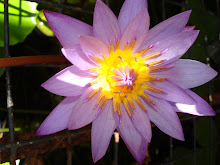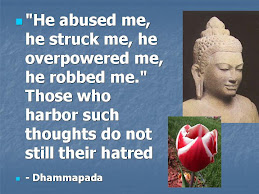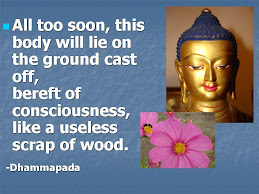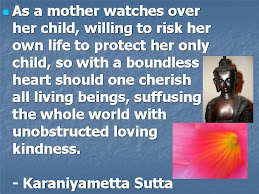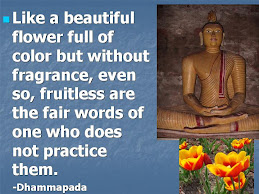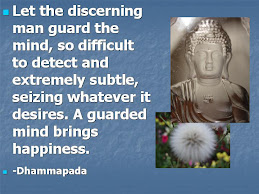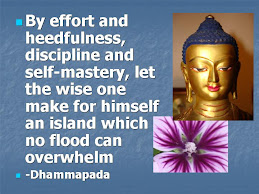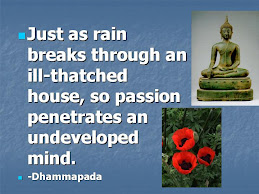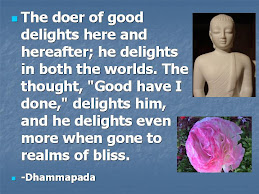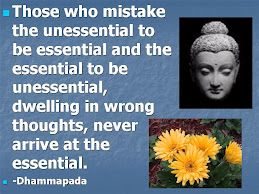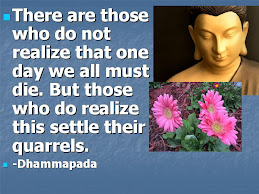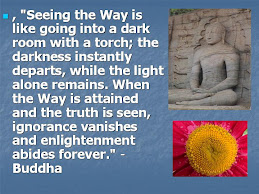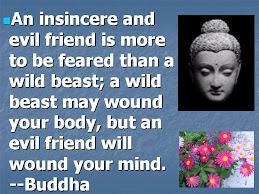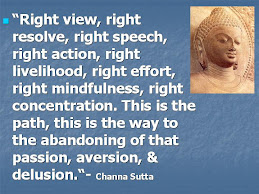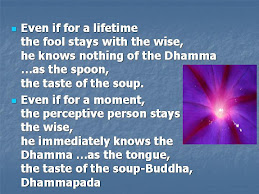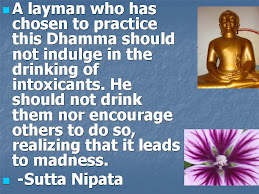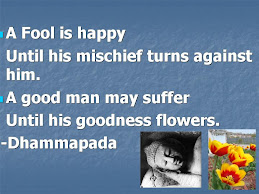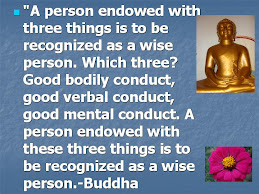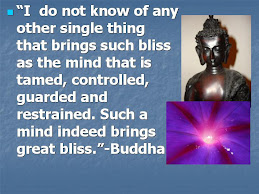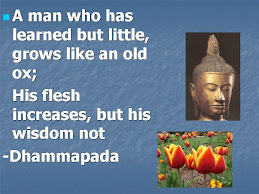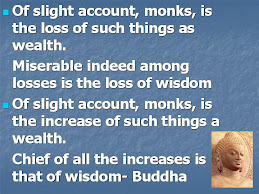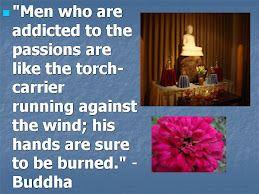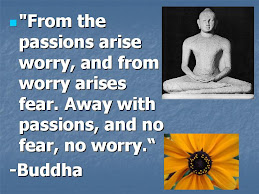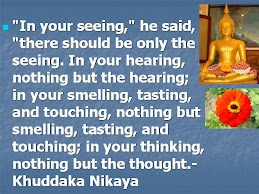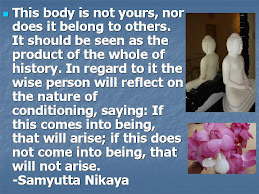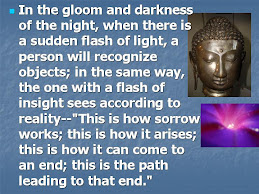
It will take you lightly when bailed.
Having cut through passion, aversion,
you go from there to Unbinding.
To Guide people to gain wisdom through practice of mindfulness, based on Buddhist principles.






"What do you think, Ananda: Which is harder to do, harder to master — to shoot arrows through a tiny keyhole without missing, one right after the other, or to take a horsehair split into seven strands and pierce tip with a tip?"
"This, lord, is harder to do, harder to master — to take a horsehair split into seven strands and pierce tip with a tip."
"And they, Ananda, pierce what is even harder to pierce, those who pierce, as it actually is present, that 'This is stress'; who pierce, as it actually is present, that 'This is the origination of stress'... 'This is the cessation of stress'... 'This is the path of practice leading to the cessation of stres*s.'
"Therefore, Ananda, your duty is the contemplation, 'This is stress... This is the origination of stress... This is the cessation of stress.' Your duty is the contemplation, 'This is the path of practice leading to the cessation of stress*.'"
* Four Noble Truths

Buddha compared protecting the mind to a well protected Fortress
Seven External Protections:
1. "Just as the royal frontier fortress has a foundation post — deeply rooted, well embedded, immovable, & unshakable — for the protection of those within and to ward off those without; in the same way a disciple of the noble ones has conviction, is convinced of the Tathagata's Awakening...
2. "Just as the royal frontier fortress has a moat, both deep & wide, for the protection of those within and to ward off those without; in the same way, the disciple of the noble ones has a sense of shame. He feels shame at [the thought of engaging in] bodily misconduct, verbal misconduct, mental misconduct...
3. "Just as the royal frontier fortress has an encircling road, both high & wide, for the protection of those within and to ward off those without; in the same way, the disciple of the noble ones has a sense of concern (fear). He feels concern (afraid) for [the suffering that results from] bodily misconduct, verbal misconduct, mental misconduct...
4. "Just as the royal frontier fortress has many weapons stored, both arrows & things to be hurled, for the protection of those within and to ward off those without; in the same way, the disciple of the noble ones has heard much, has retained what he has heard, has stored what he has heard (knowledge of Dhamma)...
5. "Just as the royal frontier fortress has a large army stationed within — elephant soldiers, cavalry, charioteers, bowmen, standard-bearers, billeting officers, soldiers of the supply corps, noted princes, commando heroes, infantry, & slaves — for the protection of those within and to ward off those without; in the same way a disciple of the noble ones keeps his persistence (right effort) aroused for abandoning unskillful mental qualities and taking on skillful mental qualities, is steadfast, solid in his effort, not shirking his duties with regard to skillful mental qualities...
6. "Just as the royal frontier fortress has a gate-keeper — wise, experienced, intelligent — to keep out those he doesn't know and to let in those he does, for the protection of those within and to ward off those without; in the same way a disciple of the noble ones is mindful, highly meticulous, remembering & able to call to mind even things that were done & said long ago. With mindfulness as his gate-keeper...
7. "Just as the royal frontier fortress has ramparts (defensive wall) — high & thick & completely covered with plaster — for the protection of those within and to ward off those without; in the same way a disciple of the noble ones is discerning (wisdom), endowed with discernment leading to the arising of the goal — noble, penetrating, leading to the right ending of stress...
1. Just as a royal frontier fortress has large stores of grass, timber & water for the delight, convenience, & comfort of those within, and to ward off those without; in the same way the disciple of the noble ones, quite withdrawn from sensual pleasures, withdrawn from unskillful qualities, enters & remains in the first jhana...
2. Just as a royal frontier fortress has large stores of rice & barley for the delight, convenience, & comfort of those within, and to ward off those without; in the same way the disciple of the noble ones, with the stilling of directed thoughts & evaluations, enters & remains in the second jhana...
3. Just as a royal frontier fortress has large stores of sesame, green gram, & other beans for the delight, convenience, & comfort of those within, and to ward off those without; in the same way the disciple of the noble ones, with the fading of rapture, he remains equanimous, mindful, & alert, and senses pleasure with the body. He enters & remains in the third jhana...
4. Just as a royal frontier fortress has large stores of tonics — ghee, fresh butter, oil, honey, molasses, & salt — for the delight, convenience, & comfort of those within, and to ward off those without; in the same way the disciple of the noble ones, with the abandoning of pleasure & stress, as with the earlier disappearance of elation & distress, enters & remains in the fourth jhana ...
To read the full version of the sutta:





